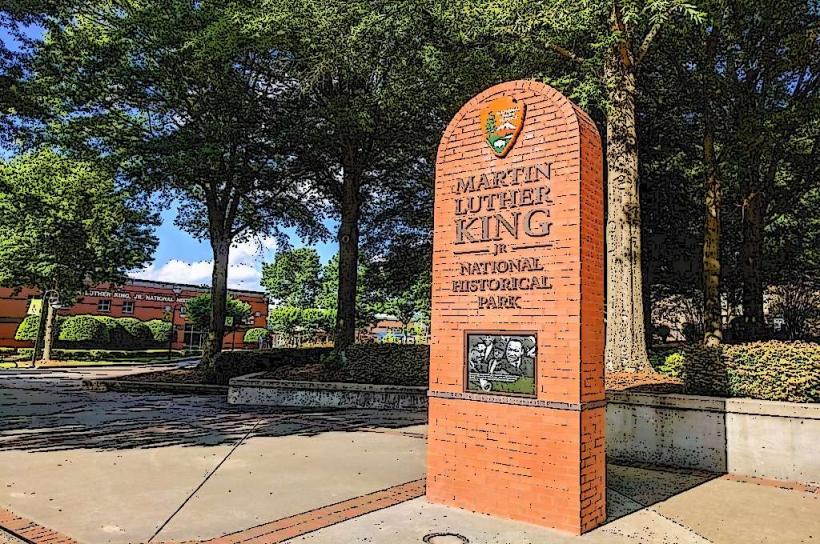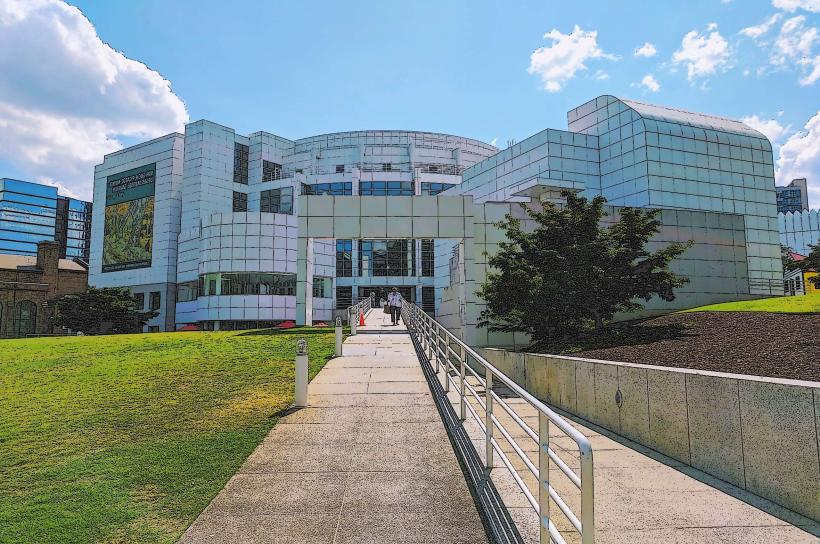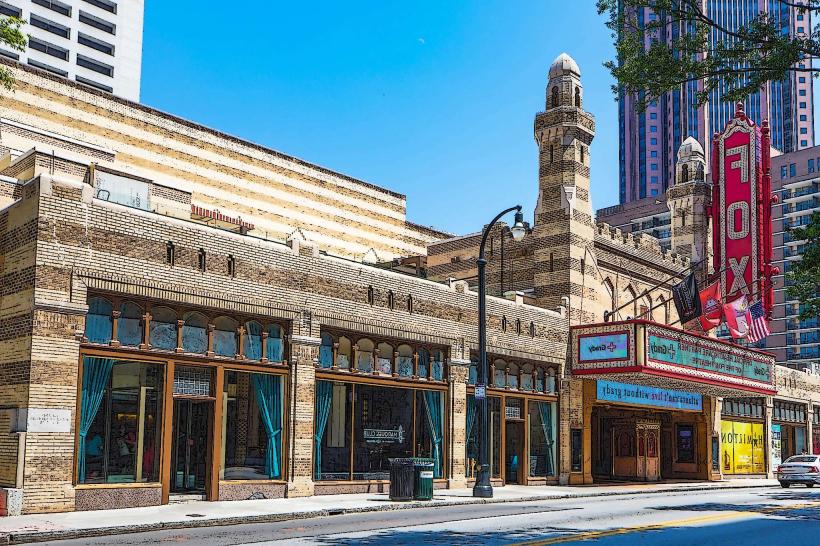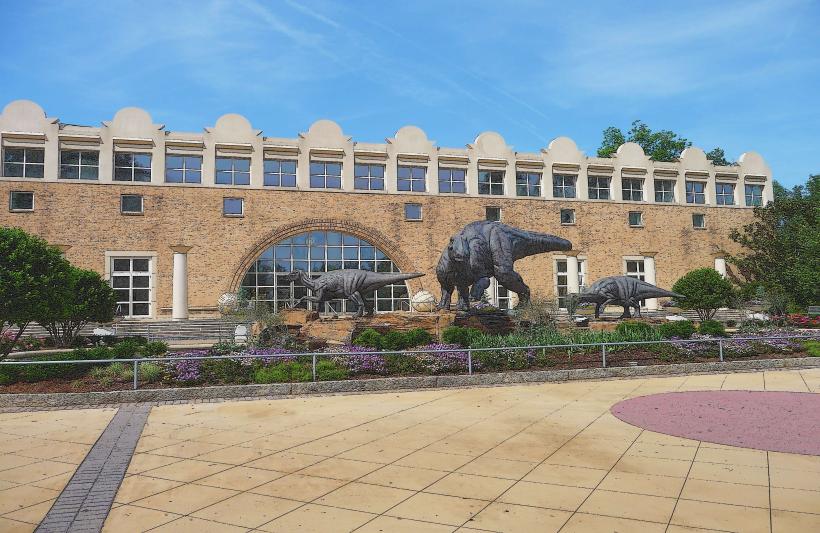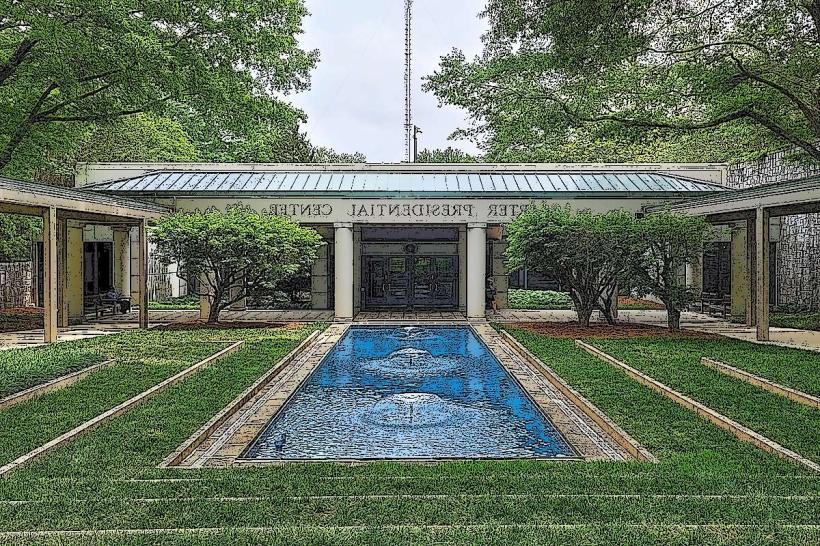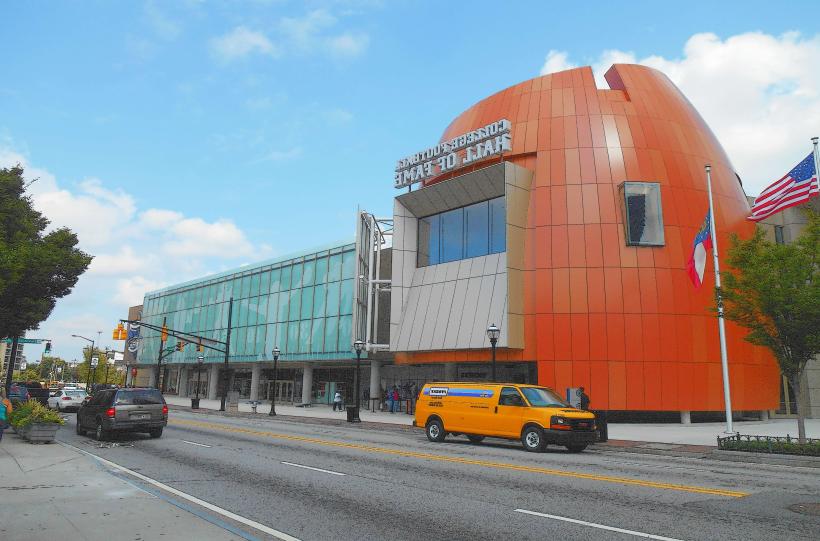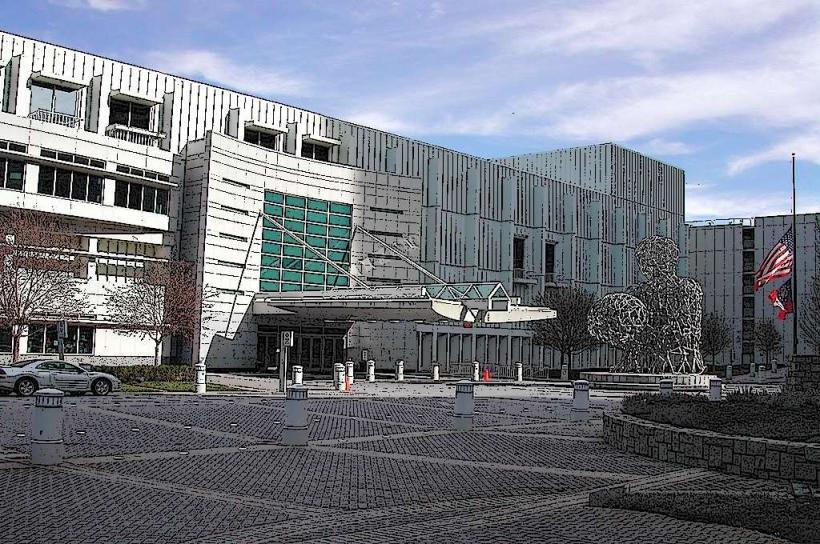Information
Landmark: Atlanta University CenterCity: Atlanta
Country: USA Georgia
Continent: North America
Atlanta University Center, Atlanta, USA Georgia, North America
The Atlanta University Center (AUC) is a consortium of historically black colleges and universities located in Atlanta, Georgia, USA.
It comprises Clark Atlanta University, the Interdenominational Theological Center, Morehouse College, Morris Brown College, and Spelman College.
Visual Characteristics
The AUC campus features a mix of architectural styles reflecting its constituent institutions. Buildings range from traditional collegiate Gothic structures constructed with red brick and limestone accents to more modern concrete and glass designs. Green spaces, including quadrangles and tree-lined walkways, are integrated throughout the campus.
Location & Access Logistics
The AUC is situated southwest of downtown Atlanta, approximately 3.2 kilometers (2 miles) from the city center. Access is primarily via I-20 West, exiting at Northside Drive or Joseph E. Lowery Boulevard. Ample parking is available at designated visitor lots on each campus, though availability can vary during academic events. Public transportation is readily accessible via MARTA bus routes, including the 1, 18, and 55, which serve the perimeter of the AUC. The AUC–Vaughn Station on the MARTA Green Line is also located within walking distance of several institutions.
Historical & Ecological Origin
The Atlanta University Center was formally established in 1929 as a cooperative arrangement to pool resources and academic programs among the independent institutions. Its origins trace back to the founding of Atlanta University in 1865, followed by Clark College (1869), Spelman College (1881), Morehouse College (1867, relocated from Augusta, GA in 1879), Morris Brown College (1881), and the Interdenominational Theological Center (1958). The land itself is part of the Piedmont Plateau, characterized by rolling hills and deciduous forests.
Key Highlights & Activities
Visitors can explore the campuses, visit the various libraries, and attend public lectures or cultural events hosted by the individual institutions. The Martin Luther King, Jr. National Historical Park is a significant nearby attraction. Specific campus tours are often available through each college's admissions office. The AUC Robert W. Woodruff Library serves as a central hub for research and archival collections for all member institutions.
Infrastructure & Amenities
Restrooms are available within academic buildings and student centers during operating hours. Shade is provided by mature trees along walkways and in campus quads. Cell phone signal (4G/5G) is generally strong across the AUC. Food vendors and campus dining halls are accessible, particularly during the academic year.
Best Time to Visit
For optimal campus exploration and access to amenities, weekdays during the academic year (September-May) are recommended. Spring (April-May) and Fall (September-October) offer pleasant weather for walking. Photography is best in the morning or late afternoon for softer lighting on the buildings.
Facts & Legends
The AUC is the largest consortium of historically black colleges and universities in the United States. A unique aspect is the shared Robert W. Woodruff Library, which houses extensive collections relevant to African American history and culture, serving as a vital resource for scholars worldwide.
Nearby Landmarks
- Martin Luther King, Jr. National Historical Park (1.5km Northeast)
- Georgia Aquarium (3.0km East)
- World of Coca-Cola (3.0km East)
- Centennial Olympic Park (2.5km East)
- Mercedes-Benz Stadium (1.8km Southeast)






